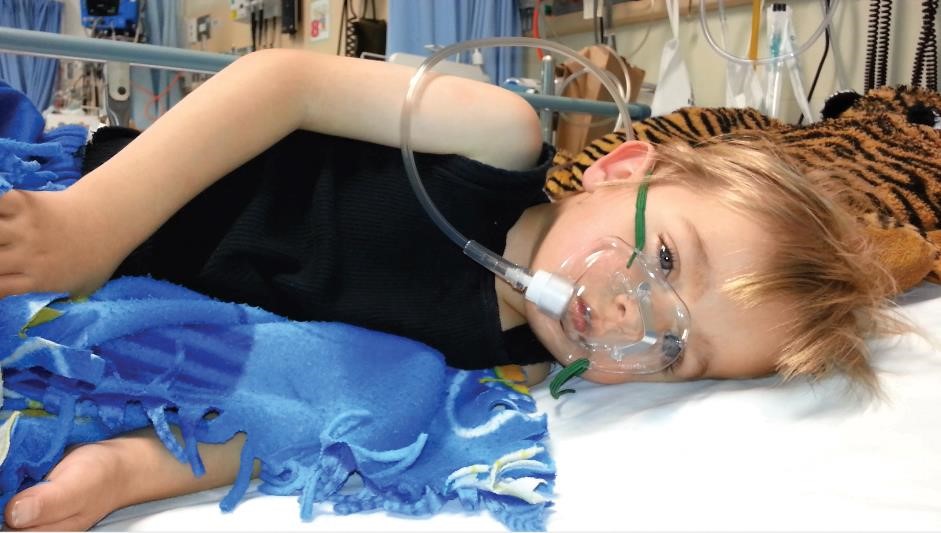Search
Human Respiratory Syncytial Virus and Human Rhinovirus are the most frequent cause of respiratory tract infections in infants and children and are major triggers of acute viral bronchiolitis, wheezing and asthma exacerbations.
These findings suggest that genetic variants at the VDR locus may play a role in acute wheeze/asthma severity in children
One in eight children have asthma, a chronic disease of the airways in the lungs. It results in shortness of breath, chest tightness, wheezing and coughing.
We demonstrate that NOTCH3 is a regulator of MUC5AC production

A collaboration between The Kids Research Institute Australia and Joondalup Health Campus is poised to be a game-changer for early childhood development.

An ambitious project that could stop children developing asthma is the centrepiece of a new world-class respiratory research centre launched in Perth.

Researchers developing a world-first treatment that targets an underlying cause of asthma have secured a $499,640 grant from the Future Health, Research and Innovation Fund – Innovation Seed Fund.
We describe recent "omic"-level findings, and examine how these findings have been systematically integrated to generate further insight
Developing a FeNO test that is affordable enough to allow daily measurements, patients will be able to access quantifiable data to assist them to monitor their asthma
Novel loci differentially methylated in newborns represent potential biomarkers of risk of asthma by school age
